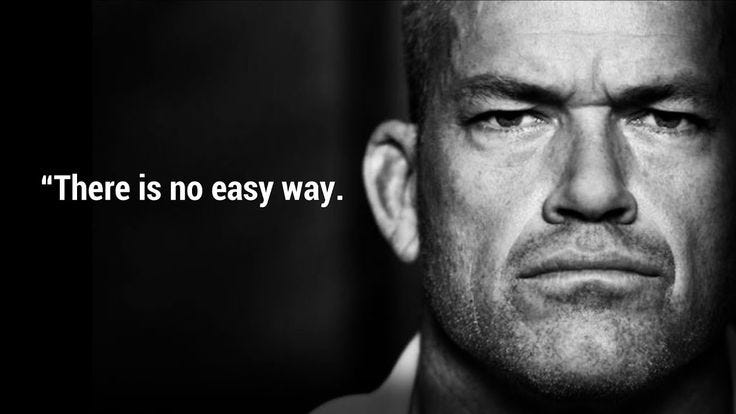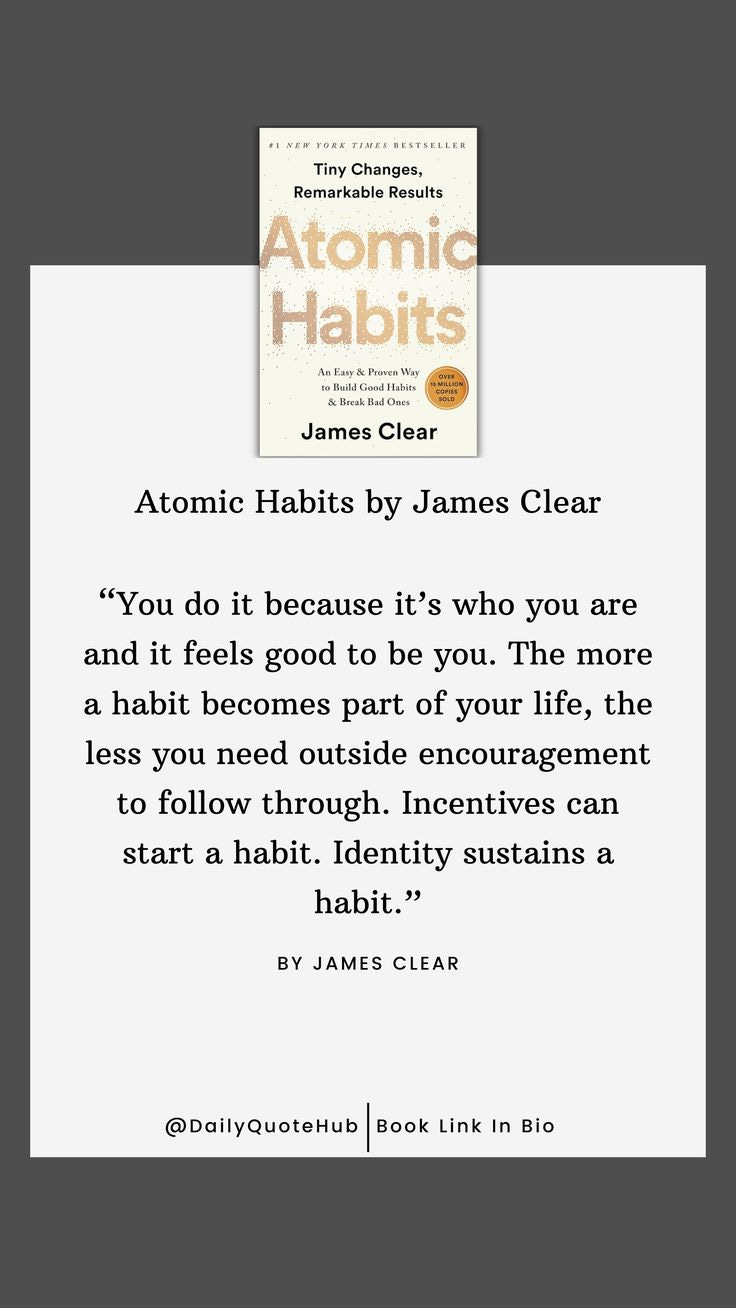I have noticed three different categories of people at the gym.
Some are there as a social event. These tend to be women. They chat with friends while doing some activity like walking on a treadmill, or attend a class together.
It is obvious for this group the activity is a social one.
Another distinct category are the strugglers. They show up, some quite regularly. But I see them not quite work through a full routine. Lots of pausing and lots of phone use.
Their results are not great. Average bodies, minimal muscle, many are overweight. These do not seem like committed exercisers. Their workout looks like a chore.
The final group are different. There is an air of determination about them. They work through challenging routines for the most part.
This group are more accomplished. Serious gym time too. Regular attendance and they stay for the duration.
Some of these are not in great shape. You get the sense they are at the start of their fitness journey. So this is not a muscle or body thing. The distinction is not one of visible accomplishment, but attitude. There is something about them that makes you think they mean business.
All three categories seem ever present and distinct.
Category 1 and 2
We can ignore the socializers. They are there as a social activity rather than fitness. Their results reflect this.
It is the other two categories that are of interest. Both groups seem to be there to improve their health and physique.
The first group, CATEGORY 1, attend intermittently. They get average results and overall poorer outcomes. CATEGORY 2 have more regular attendance, consistent routines and better outcomes.
I suspect CATEGORY 1 is people using motivation to fuel their activities. CATEGORY 2 is people using discipline.
Motivation relies on intellectual reasoning. I ought to lose weight or exercise. I really should go to the gym. I need to do something about my diet.
Relying on this mental activity means we must psyche ourselves up to do anything. It becomes a conscious effort, a mistaken belief a positive mood is needed to accomplish a task.
There is an air of incompleteness about this approach. A hesitancy to fully commit. Time is wasted talking ourselves into activities.
The motivators at the gym are easy to spot. Their approach is reflected in poorer results.
Theirs is something of an intellectual exercise. Thinking through the excellent reasons one should exercise and keep fit, but not really embracing it as part of who they are.
Relying on motivation is difficult, it is draining. Some energy is lost talking ourselves into an activity.
The other approach, the CATEGORY 2 people, seem to rely on discipline.
Discipline is different from motivation. There is a sense of automation, of less reasoning with oneself to do things.
You go to the gym at the agreed time. You work through the whole programme. You don’t get derailed by mood. Feelings are overridden, no match for embedded behaviours to create a routine.
Discipline, and the systems it can establish, get the job done. Much less time is spent questioning or wondering. It is in a sense mindless. The decisions have been streamlined.
There is a very strong sense I can organize most of the gym attendees into these two categories, those using motivation or discipline, and therefore broadly predict their likelihood of success.
This applies to most things
These categories are applicable to other aspects of life. Note that not all in life needs to be CATEGORY 2, using discipline. You may be happy being an amateur in many areas.
The distinction is really for important things. Want to improve strength and fitness? Would you like to run a marathon?
What about becoming a writer, a movie star or entrepreneur?
These serious ambitions require CATEGORY 2 thinking. They benefit from embracing discipline not the false god of motivation.
In practical terms if you are in CATEGORY 1 and relying on continually talking yourself into important activities you are competing against CATEGORY 2 people who are already there. They don’t need the mental pep talk. They get straight to it.
We see this even on Substack. Many start blogs but struggle to maintain them. Their initial enthusiasm only gets them so far, just like exercise.
It is only once it becomes a disciplined activity and routine we see regular results. Writing every day or publishing every week or on some schedule.
Self-discipline is acceptance of the grind which overcomes the gap of motivation. It is the disciplined who eventually learn motivation follows effort.
Embracing discipline fundamentally changes our lives. It liberates us from energy draining indecision that can destroy everything.
By choosing carefully, and using discipline in the areas that really matter, we up our game and perform at a higher level.
The decision about an important activity then comes several steps back. It is not when we are in the gym or even deciding whether to attend, the decision was made when we mentally slotted gym attendance into CATEGORY 1 or CATEGORY 2. Is this important enough to make deep changes to our behaviour? To make the effort for it to stick?
CATEGORY 2 things proceed with considerable energy and drive once embraced. To outsiders it can seem like they are intensely motivated to attend the gym or work on the project, but this is rarely the case. Discipline is difficult to discern, and it looks like motivation from the outside, but it is really automated behaviour.
Many have nothing at all in CATEGORY 2. Their entire lives rely on a constantly empty tank that needs massive effort to get going. No momentum is ever built. Life then becomes a series of difficult obstacles; diet, exercise, career change, business opportunities. Everything feels new, raw and insurmountable. Everything needs focus and effort just to start and the energy to do so often seems out of reach.
Worse, many are distracted, tethered to entertainment devices that never leave us long enough to get bored and wonder what else is out there. No time to develop the ideas that become ambitions and goals.
Like dogs chasing squirrels the distracted are on the wrong kind of treadmill, their dopamine-laden world the antithesis of self-discipline. This is many people now and the numbers are growing. Most cannot fathom what it takes to not get lost on their phones or television or processed food. Some are aware and despair at the time they lose to nonsense. It feels to them like an addiction.
To add insult to injury those relying on motivation observe others with discipline and imagine they have motivational superpowers, but they don’t. They work with the natural ability to create useful routines all of us possess but often overlook.
These routine-creating pathways are habits.
Discipline is habit, and habit means freedom
To accomplish serious tasks, discipline is easier.
Discipline exploits habit, the brain’s method of automating activities including those we dislike.
Where the difficulty comes in is often laying down the habit. There seems to be no alternative to gritting your teeth and making it happen. Do it long enough to become habitual, to exploit our capacity for automation and fluency through a process of repetition, much of which is boring and therefore challenging to those with a low boredom threshold.
Some say it takes 21 days to create a habit, others 90 days. Who knows. It probably differs by person and by task. But it begins with a CATEGORY decision. Does this matter to you? Does it matter enough to commit to CATEGORY 2 where you will have to expend energy to become habituated? Or will you skip this challenging process and do it later, always relying on tomorrow’s energy reserves to talk yourself into it?
Some driven, TYPE A people miscategorize stuff into CATEGORY 2 that ought to be CATEGORY 1. Casual sports, hobbies, fun things and other activities they need to excel at. This is rarer, but still a problem. It is a categorization error.
Not everything is meant to be taken to extremes.
But most common is not thinking it through, not embedding the ambition to make it to CATEGORY 2.
So it remains CATEGORY 1 relying on motivation, talking yourself into it. It remains a hobby, and it will eventually slip away completely. You never quite go the whole hog, so it doesn’t become part of who you are.
Gyms are full of people who dream of sixpacks and bulging muscles but you can tell they won’t make it. The slightly aimless air about them is usually apparent. They are distinct from the really serious who become obvious once you’ve seen the signs of discipline.
The regular attendance, the pushing oneself through the repetitive routines. The gradual results emerging in time if you see them over a long enough timeline.
Not all of these are accomplished, but they are on the path, and the path is discipline. You can see it in their eyes.
Writing a Substack, going to the gym, pursuing a business opportunity. If you are CATEGORY 1 the CATEGORY 2 people will destroy you every time. They have the immense power of habit on their side. They have worked out some method to make it happen on a regular basis. They have done the work to automate it. They are mentally efficient and get to it while others are still arguing with themselves as to whether they will bother today.
This is about thinking as a means to do, to act more effectively on the world.
Categorize carefully, then trust your judgment. Then embrace the discipline you will need to make it stick. That initial period where you make serious changes to your life to make it happen.
Lifestyle, diet and health should be CATEGORY 2 things. Important life goals should be the same even if they seem like unrealistic dreams for now.
If any of the really important stuff is relying on motivation you need to reassess and figure out how to reclassify it then do the work to make it habitual if you can.
Discipline beats motivation every time. Think your way into greatness by categorizing better for some areas of your life. Reduce it to a priority decision, then do the work on the high priority items.
Use categorization sparingly but use it well and everything changes.
Only the disciplined are free. They leave the motivated behind every time.
For anything that matters there is no better way.










When you have little kids or "interesting" partners who create chaos, it is very hard to get into Category 2 mode. Every day is a different day; you are always reacting to another's moods and needs. The freedom that precedes discipline is the freedom to *be* disciplined - a certain degree of control over your own daily life. Agency itself is a gift to be pursued and held. Great essay.
“Discipline is difficult to discern, and it looks like motivation from the outside, but it is really automated behaviour.”
This is how you can drag yourself to the gym after too many glasses of Bordeaux the night before and leave feeling like you just had a spa day.
I often conflate lifting and writing in my routines. One discipline informs the other. Extremely helpful comparison.
Additional food for thought: spiritual training exercises also work off this principle of discipline vs motivation. The goal being to get into a state of mind which is “automatic” and not continually dislodged or thrown off-balance by the eternal Clowning going on all around us.
Thanks for this, Spiff. Very timely. Battling through some jet lag but today is bench/squat day.